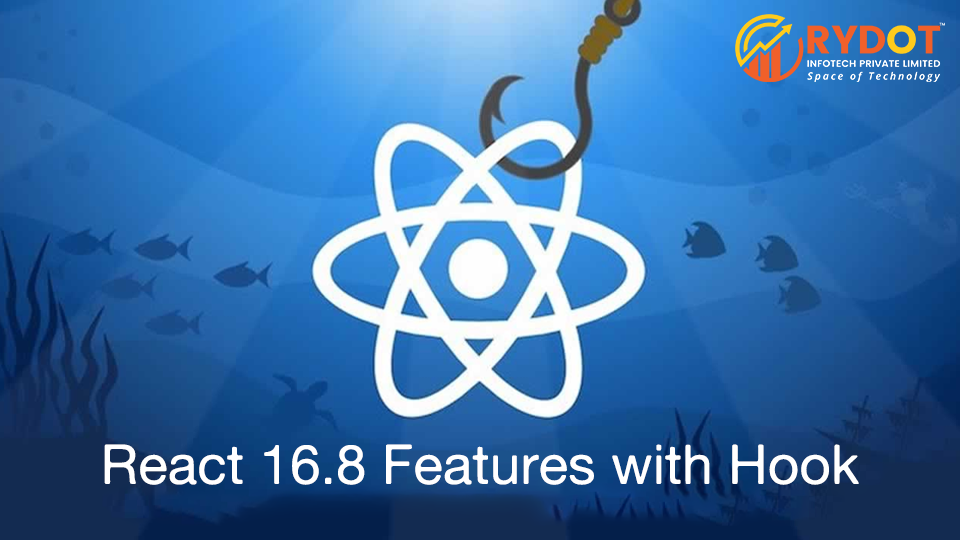![]()
We want everything – a shorter development lifecycle, quicker deployment, and tremendous app performance. But, at the time of creating apps, do we focus on crafting apps with superior user experience, or apps which are faster to develop and run on more platform and devices?
If you want all these in one package then React – a JavaScript library for building interactive user interfaces makes it possible for you. Before diving deep into its features, let’s first understand what React is.
What is React?
Do you remember how Facebook’s User Interface or its Messenger looked a few years back?
But, today, it is not needed. Each time there is a new update or message, you will get a notification and when you click on that, it will automatically refresh the entire page and show you the latest updates. So, who is behind this? Well, this is the magic of ReactJs.
React is a declarative, efficient, and flexible Javascript library for the construction of user interfaces developed by Facebook.
About React v16.8
On 6th February 2019, React 16.8 has been released. It is a major step forward to React and the way developers can implement function components and use React features. Recently, React v16.8 come up with Hooks and has grabbed all the attention with utmost success.
What is React Hook?
Till now, the only way to implement a local state was to construct class components. Whenever a function component required storing local state in the future, they have to refactor the code and convert the function component into a class component. As a solution to this, React 16.8 lunched Hooks.
It enables function components to not only execute state but also add other React features like lifecycle methods, without the need to convert the component to a class component.
Features of React 16.8 with Hooks
With Hook, programmers can powerfully write components and reuse code. They can organize the logic inside components into the reusable isolated unit.
Some of the most popular features offered in the new stable release – Hooks are as follows.
useState – This is the most basic hook that merely aims to bring state management to an otherwise stateless function component. Components that are written without considering the local state in mind at the start benefit from easy adoption of state without refactoring required.
useEffect – This feature of Hook lets a function component to fetch data from an API. This effects usually achieved using the componentDidMount() and the componentDidUpdate() methods in class components.
useReducer – useReducer() hook can be generally used to declare a function that returns state after updates. This feature is best to use when you have complex state logic and useState is not enough.
useCallback – useCallback() Hook lets user implement a callback function that makes it possible an equality check between a function and inputs.
useMemo – useMemo() Hook allows a user to do computationally expensive calculations. With it, users can pass in a function and an array of input values.
useRef – useRef() is imperative while accessing refs and initializing them to a given value.
useLayoutEffect – This Hook signature is the same as the useEffect hook. But, it allows you to read elements from the DOM directly. So, possibly it can block updates. So, it is ideal to avoid it.
useDebugValue- Sometimes you might want to debug certain values or properties, but doing so might need expensive operations that can impact performance. At that time useDebugValue is used. It is usually called when the React DevTools is open and the related hook is inspected. So, it prevents any impact on performance.
Concluding Remarks
Hooks is making developers excited about the future of React all over again. Since 2014, React is continually introducing new changes that convincing programmers that it is the future of web development. It is constantly raising the bar for developer experience and enables programmers to write durable code and perk up their productivity by extracting reused functionality.
If you have any queries regarding React Hooks then get in touch with our app development team, get a free quote here.

